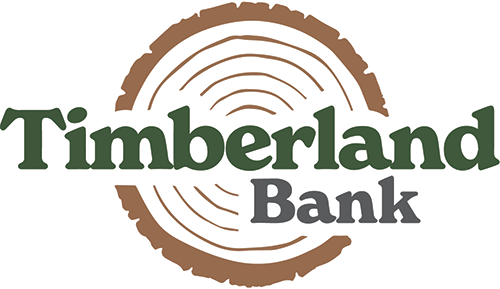
Using Your First Credit Card
Choosing a credit card - fees, interest rates and benefits
Ideally, the credit card you choose should have the lowest fees, the lowest interest rate and provide the most benefits when you use it. Unfortunately, there is probably no card that has the best of all three. Choosing the card that is best for you involves weighing these factors and considering how you will use it.
Fees include annual fees which can vary from zero to $75 per year. Ideally, you would want to choose a card with no annual fee. There are also fees that issuers charge for late payments. Be sure to check the terms of the credit card agreement, especially if you may occasionally be late with a monthly payment.
Interest rates can also vary greatly and can exceed 20%. Be very careful of low "teaser" rates, or special rates for a limited time if you transfer balances from another card. The rate after the special rate expires may be higher than you currently pay. Another way issuing companies increase the amount you pay is by how they calculate the interest. Be sure to read the details of the agreement.
Rewards cards offer benefits for using the card. Using a credit card can bring the rewards of airline mileage, discounts on travel, points toward retail purchases and other benefits. A rule of thumb is that the benefits are usually worth about 1% of the charges. If a card with these types of benefits is important to you, make sure the benefits are ones you will use and that the interest rate and fees of the card do not offset the benefits of the rewards.
Guidelines for using your credit card
- A credit card is serious business. The issuing company is lending you money and you have responsibilities to pay it back.
- One card is probably enough. Avoid temptation by limiting yourself to one card.
- Keep the credit limit low. Depending on how you are going to use it, $500 or $1000 is high enough for most first-time credit card users. This will prevent you from spending more than you can pay back.
- Pay off the entire balance each month. Avoid charges and build a good credit record.
- Make the payments on time. This helps build a good record and avoids late payment charges.
- Use the card for emergencies. Start off slowly with this new convenience. Keep using cash and checks for most purchases, especially until you get comfortable with the card.
- Never let others use your card. You are responsible for all charges on your card. Do not let others borrow it or give out the number.
- Keep track of your use of the card and compare your records against what shows up on the monthly statement.
- Keep the card active. Even if you are only using the card for emergencies, use it for small purchases every three or four months just to keep it active. Then be sure to pay off the balance before any interest is due.
- Avoid using the card for cash advances. The interest rate charged for advances is usually high and interest is charged immediately.
- Create a spending and budget plan. Do not let your credit card payments exceed 20% of your monthly income.
- If having a credit card turns out to be a problem, get rid of it or stop using it for a while.


